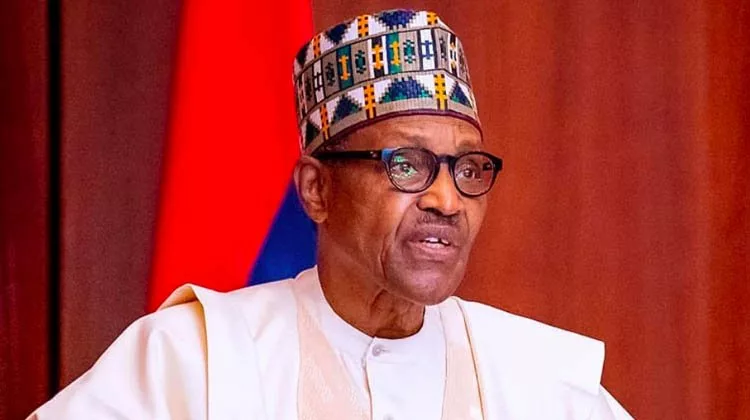Volumes II and IV of the Muhammadu Buhari: The Nigerian Legacy 2015 – 2023, are a part of a five-volume compendium that chronicling the successes and challenges of the former president of Nigeria.
The two volumes specifically examine his administration’s Management of the Economy (Vol II) and impact on the nation’s industry and Infrastructure, in 33 and 28 chapters respectively.
Volume II attempts to capture the economic policies of Buhari’s administration, beyond fiscal and monetary issues to reviewing an economy that is at a crossroads due to poor management of oil wealth, insecurity and corruption at the highest level of government. It is a compressed study of the administration’s strategies of addressing the huge economic challenges in the management of the nation’s resources.
Also interrogated were revenue mobilization, generation and management of foreign resources in relation to national plans and development. The entire gamut of the national economy, from agriculture to industry, pension administration, oil and gas, mining steel development and the controversial farmers-herders conflict, in addition to the Naira redesign debacle were analyzed by the contributors.
In Volume IV, focus was beamed in 28 chapters on the ex-president’s administration’s impact on the nation’s industry and infrastructure. The volume analyzes development in infrastructure, industry and water resources for the purposes of laying a solid foundation for national economic development. According to the contributors, the nation witnessed an 11 per cent growth in the manufacturing sector between 2015 – 2016, and further noted that Buhari’s administration minimized Nigeria’s dependency on oil, through huge investment in rail and road networks (one of them to Niger Republic) to improve access to market and ensure easier movement of people and goods across the country.
Concessions in critical infrastructure, and transformation recorded in Tin Can and Apapa ports, the growth in ports value chains and the deep blue maritime security project were noted as breakthroughs of the administration.
Contributors in both volumes certainly presented their views on the leadership of ex-president Muhammadu Buhari. History is best remembered when recorded. That is the role and relevance of this book. Similarly, governance is a process, a means not an end. Continuity has been identified as a major problem of African governments. To alleviate the sufferings of the people, government will require firm commitment to reforms that are already in place. These volumes are recommendable for undergraduates, public and private sector service.
Book Review By Professor Kabir Mato
We’ve got the edge. Get real-time reports, breaking scoops, and exclusive angles delivered straight to your phone. Don’t settle for stale news. Join LEADERSHIP NEWS on WhatsApp for 24/7 updates →
Join Our WhatsApp Channel










